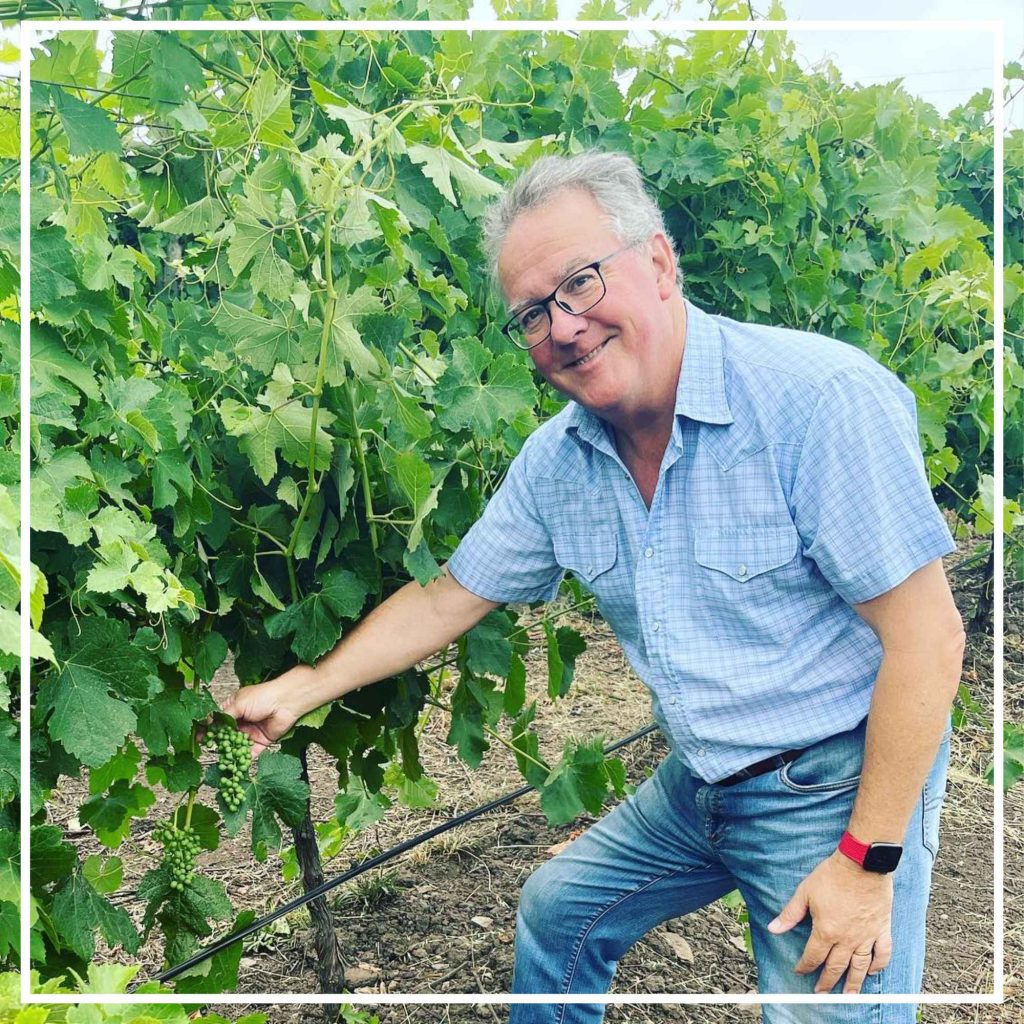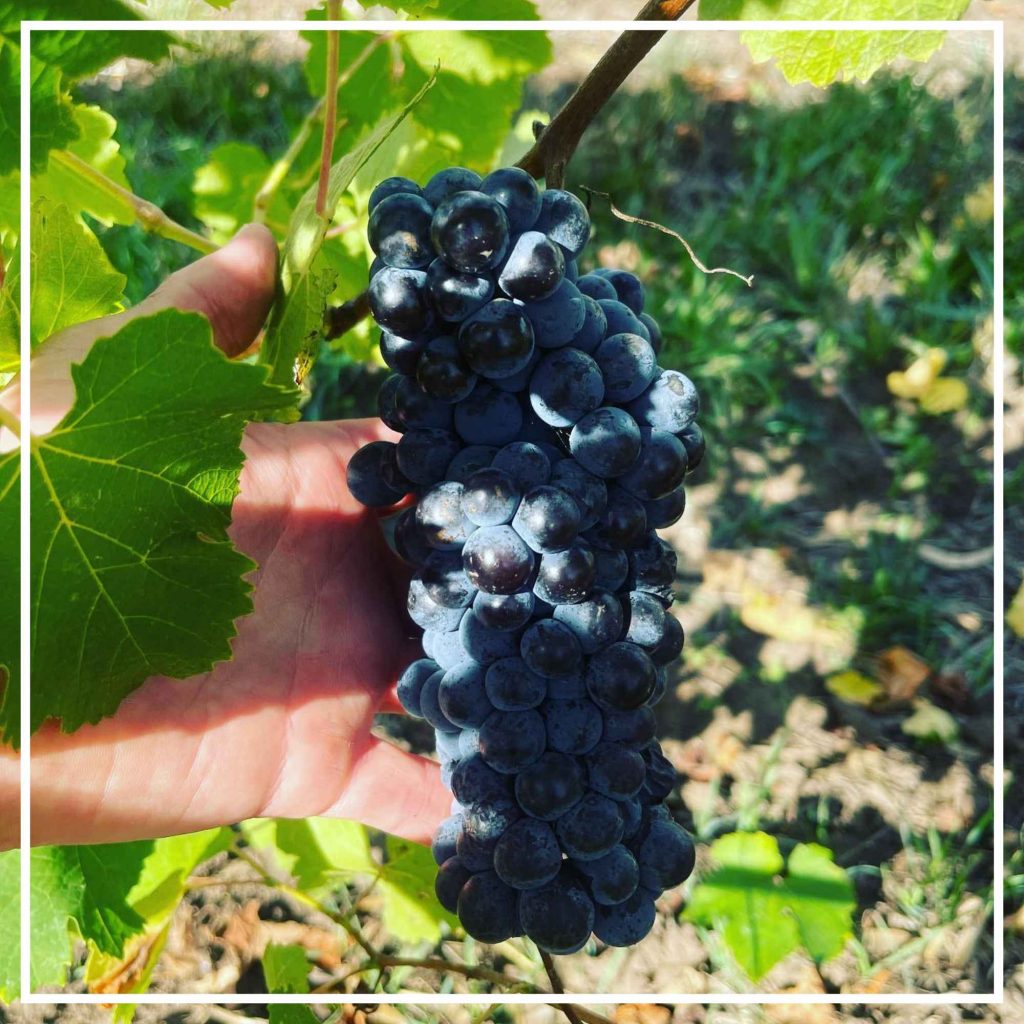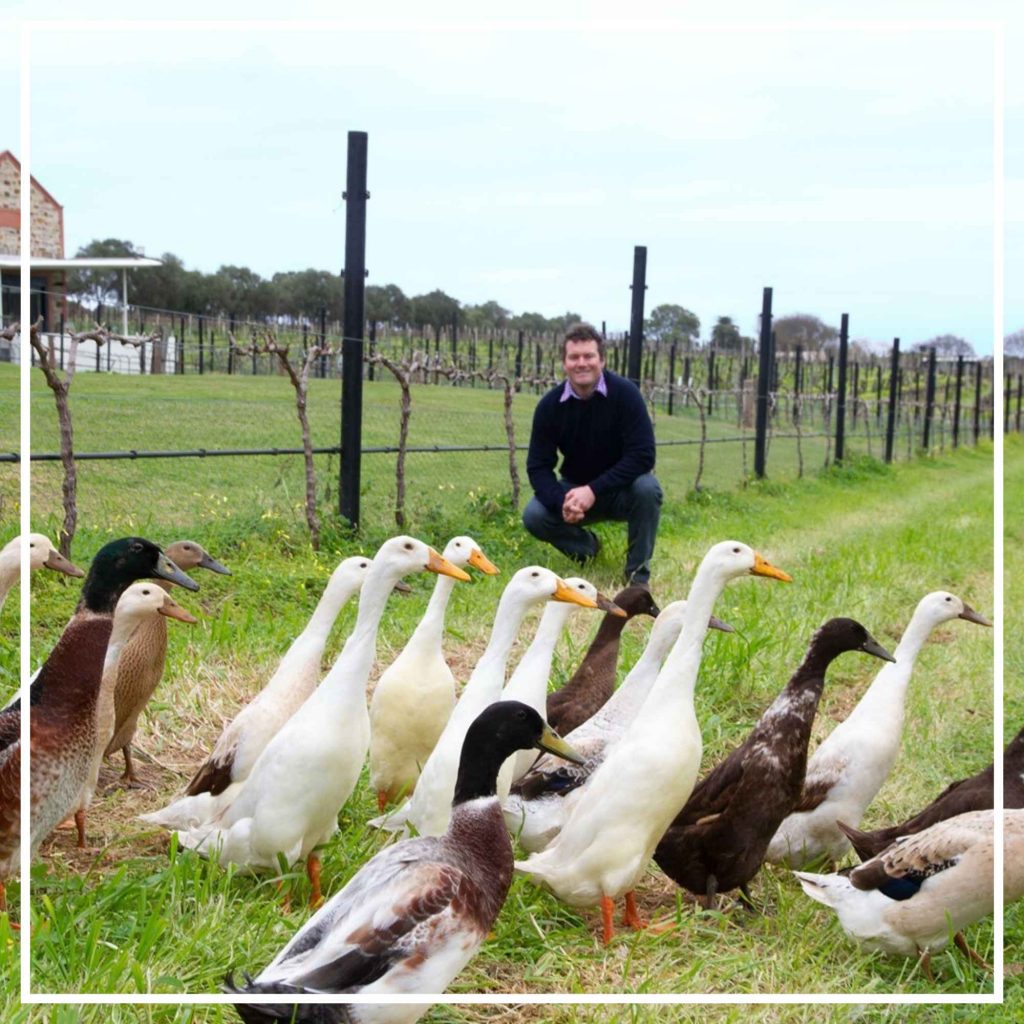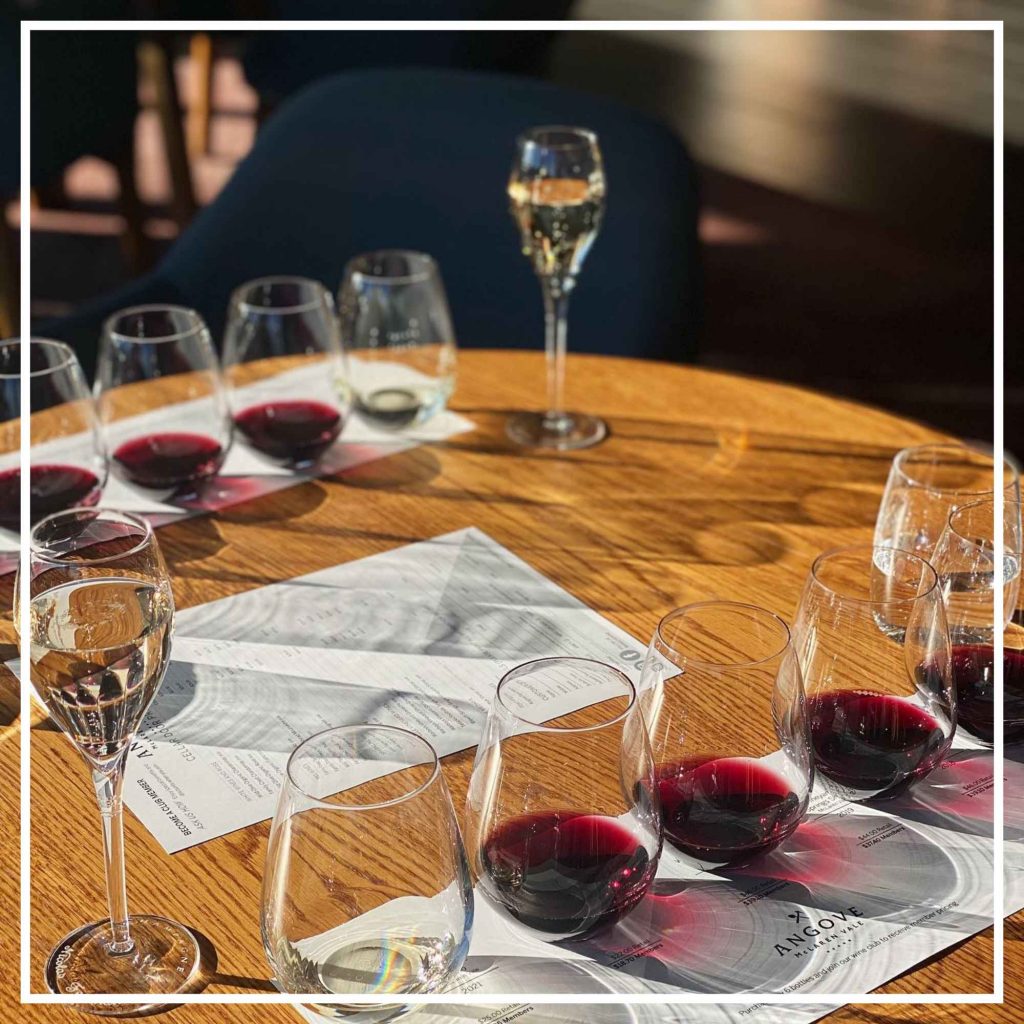We Asked A Chief Winemaker To Answer The Myths About Organic Wine

Kassia is the Editor of AWOL, and a straight-up travel…
There’s plenty of organic things I’m already a convert of, like skin care. Wine is often something I just pick by the look of the label, or by the price (don’t judge me). Yet there’s a growing organic wine industry and I’ve often wondered if the rumours about drinking organic wine are true.

To find out, I spoke with Tony Ingle — Chief Winemaker for Angove Organic, Australia’s largest Certified Organic grape grower and winemaker.
How long have you been making wine?
I started off in merchant banking in London — when you’re in that environment you start drinking some really nice wine, and that really got hold of me.
I gave up banking and started sweeping the floors in a wine shop in London, and that made me even more interested in the wine business. So, I started sweeping the floor in a winery in England, [then] in France, then [then] in Australia. Eventually they allowed me to start doing things… you know what they say, overnight success 20 years later.
What made you go organic?
I can remember being at university, studying postgraduate winemaking, and the lecturer was asking us what sort of wines we wanted to make. At the time I had been very inspired by the organic wine I drank when I was in Europe.
Organic wine has all sorts of health and environmental benefits… Organic wines don’t use any synthetic chemicals, and there’s no sugar or artificial preservatives added to the wine. Without all the chemicals, the vineyards attract lots of natural species to the area, which promotes biodiversity and protects the natural ecosystem.
What makes a wine organic?

Certified Organic wine is, by definition, wine made without any synthetic inputs, like fertiliser, pesticides, herbicides or fungicides. A common misconception is that Certified Organic wine is the same as “natural wine”- however this is not true.
Certified Organic wine has to go through a rigorous three-year accreditation process, and follow strict rules, guidelines and protocols. Certified Organic winemakers are also audited every year to ensure that the quality and standard of our organic wine is as it should be.
In comparison, natural wine has no rules, guidelines, standards or protocols that it has to follow. Therefore, the Certified Organic label gives consumers assurance as to the quality, purity and authenticity of the product they are drinking.
Angove Organics use ducks instead of pesticides, is this common?

As the Angove Organic wineries do not use any chemical pesticides, we had to come up with natural ways to remove pests. Before the ducks arrived, we would remove by hand all the snails that climbed into the vine canopy and ate the new grapes. One year we removed over 400kg of snails by hand. This was when we heard they were using Indian Runner Ducks in wineries in Europe as part of natural pest control, and we haven’t looked back since.
Is it true that you don’t get bad hangovers from organic wine?
The only way to avoid a hangover is to not drink… “too much”. You can get hangovers from any type of wine, including organic wine. The important thing is to always drink in moderation.
Do you have some wine pairing advice?

One of our best-selling reds is the Angove Organic Shiraz Cabernet. It’s a beautiful, full-bodied red with aromas of black cherry, black currant and plum, chocolate and subtle oak with a soft, earthy finish. It pairs really well with nice, hearty dishes like roast beef, or perhaps vegetable ravioli if you’re vegetarian or vegan.
[Our] Sauvignon Blanc is a bright and lively wine with a crisp flavour, abundant fresh fruit characters and a clean, fresh finish. Pairs well with line caught grilled barramundi and quinoa salad.Our Rosé is a delicious, fruity, refreshing drop made from 100% certified organic Shiraz grapes. A crisp and clean palate abundant with strawberry and red berry flavours. Pairs well with spicy Asian food, or seafood like lobster or seared salmon.
(Lead Image: Angove Organic Wines)
This post was originally published on September 28th, 2020 and has since been updated.
Kassia is the Editor of AWOL, and a straight-up travel addict. She was born without a sense of direction, yet an intense desire to explore the world. As such, she's lost 90% of the time but she's learned to roll with it. You can catch her latest adventures on Instagram @probably_kassia.








